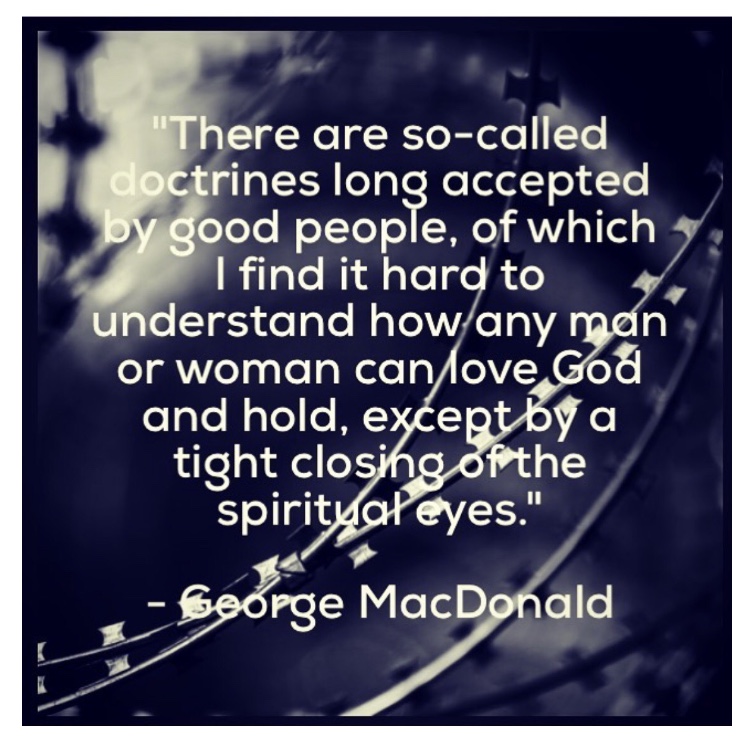WISDOM
Knowledge speaks, but wisdom listens.
Virtues such as benevolence, compassion, and fairness inform wisdom.
Submit your personal story or favorite illustration, quote, Bible verse, etc. that illustrates a specific virtue to [email protected], then click on the virtue of your choice on the Virtues page to see your story or the stories and illustrations of others.
July 3, 2021
In his 1994 book, Discovering the Laws of Life, John Templeton argued that the laws of human behavior operate nearly as predictably as the laws of science.
“The exercise of truthfulness, reliability, perseverance, forgiveness, gratitude, tolerance, reverence, humility and compassion will almost certainly attract good things in your life, just as surely as their opposites bring trouble and misery.”
“No man can tell whether he is rich or poor by turning to his ledger. It is the heart that makes a man rich. He is rich according to what he is, not according to what he has.”
“Walk with the wise and become wise, for a companion of fools suffers harm”
–Proverbs 13:8
June 29, 2021
Wisdom And Perception
As humans, we constantly create perceptions. Many, if not most, of these perceptions are false. When a perception is correct, it’s called wisdom.
Wise perception is the art of discerning what is true. One way we can practice wise perception is by becoming more aware of false perception. Buddhism uses the term viparyasa, which literally means “upside-down,” to describe four major misperceptions we tend to hold.
The first is when we mistake what is impermanent for something permanent. This can be a belief that we refuse to change or update, or a preconception we won’t let go. It can also be a rejection of suffering when we assume our health or happiness is supposed to stay consistent. (Life sure never promises us anything of the sort.)
The second upside-down perception is when we believe something brings us happiness when it’s actually bringing us suffering. Drugs is the most obvious example of this. But it can also be a bad relationship, a co-dependent friendship, a toxic work environment that pays well…
Third, we misperceive when we think something brings us freedom when it’s really taking our freedom away from us. Money is an obvious option here, as having money often results in feelings of anxiety about losing it and stress about how to keep it. Keeping your distance and rejecting intimacy is another example. Many people say they don’t want to be “tied down.” But often this distance is the result of fear of vulnerability, and it’s deeply isolating to live like that.
The fourth and final example of an upside-down perception is when we see something impure and call it pure. What comes to mind for me is all the ways we trick ourselves into believing we have proper motives when we don’t. It’s all the ways we justify our actions by twisting them into something they aren’t. But it’s also when we follow a leader or organization that is untrustworthy. We can be naive about the intentions of others, too, and that’s on us to notice and rectify. And we can put values on a pedestal, like “civility” for instance, and use them as a way to avoid hard conversations. Much of what we label as “spiritual bypassing” is an act of calling something impure pure.
In my work over the years, I have seen these four misperceptions play out in my own life and in the lives of countless others. It’s difficult to know when to point out misperception, and when to recognize that someone isn’t ready to recognize their view is upside-down just yet. So the wisest place to begin is within ourselves.
How can these four upside-down perceptions bring you clarity today? What can you investigate with fresh eyes about your own preconceived notions? Can you think of a time when a false perception evolved into wisdom for you?
—Danielle Shroyer, www.beasoulninja.com
At his commencement address at USC Law School in 2007, multi-billionaire Charlie Munger declared that…
The goal is not to collect information but to gain understanding.
How do you know you’re on the right track? A good sign is when what you read forces you to stop, think, consider and reread for clarification.
The benefits are profound. Deep reading increases your knowledge, but it also enhances your view of the world. It sharpens your critical thinking skills. And the process is unending.
To become wiser, you need only be passionate to understand.
May 17, 2021:

May 19, 2021:
“Wisdom is not the gathering of more facts and information, as if that would eventually coalesce into truth. Wisdom is a way of seeing and knowing the same old ten thousand things but in a new way. As my colleague Cynthia Bourgeault often says, it’s not about knowing more, but knowing with more of you. I suggest that wise people are those who are free to be truly present to what is right in front of them. It has little to do with formal education. Presence is pretty much the same as wisdom!” (Richard Rohr)
